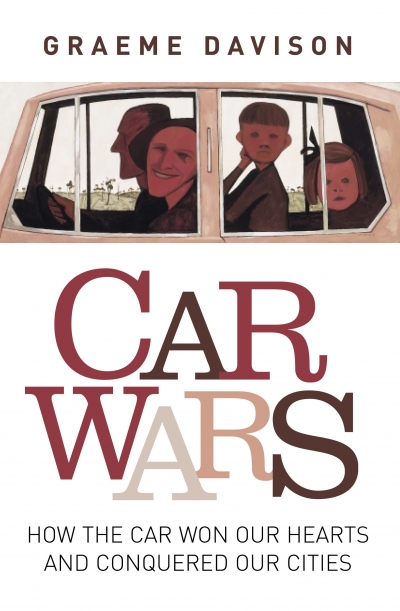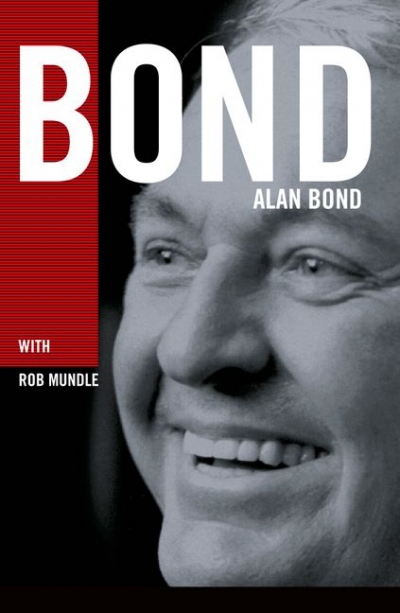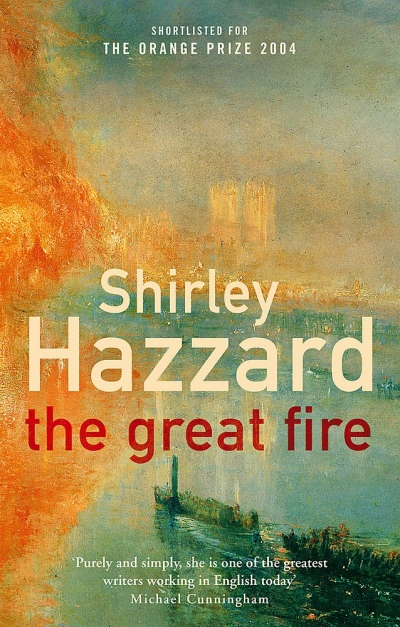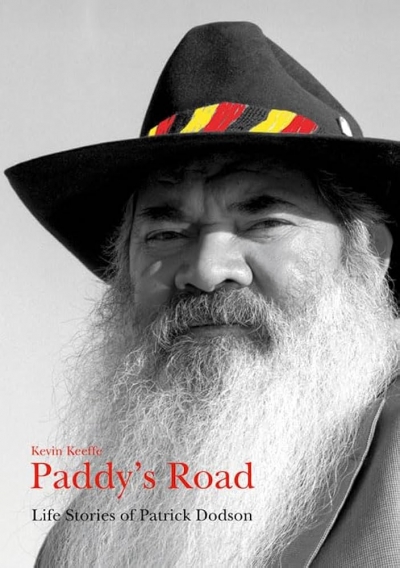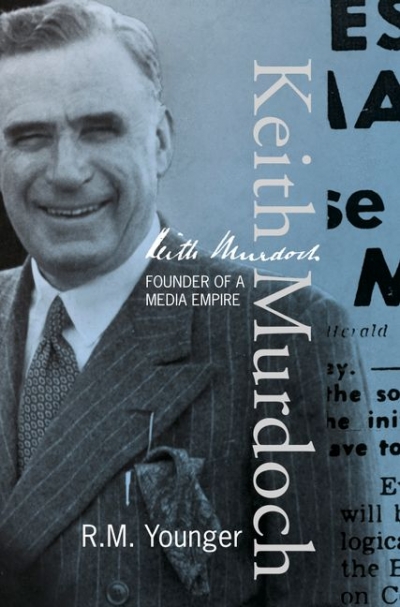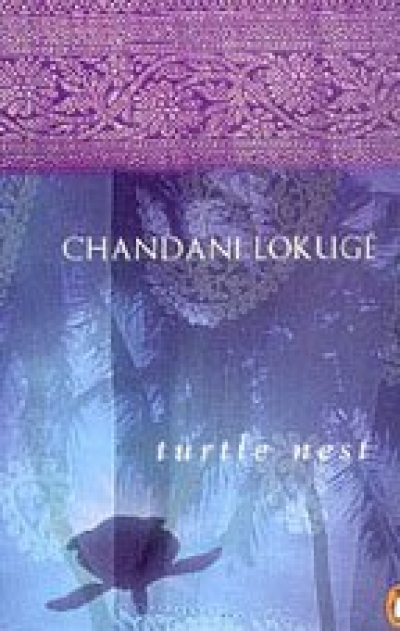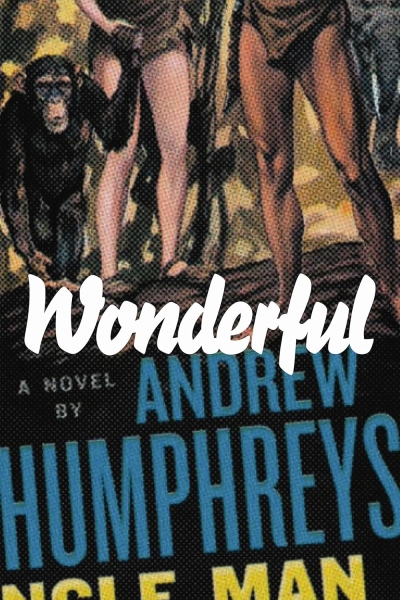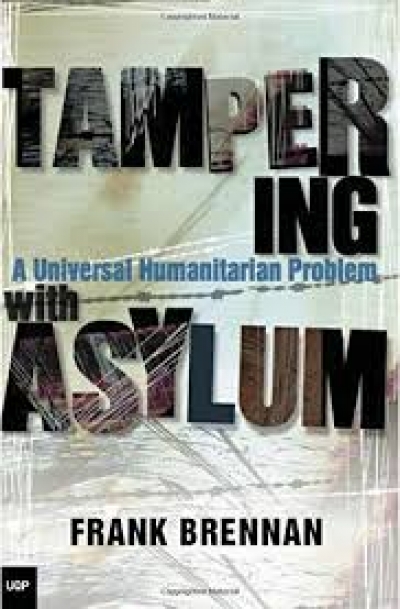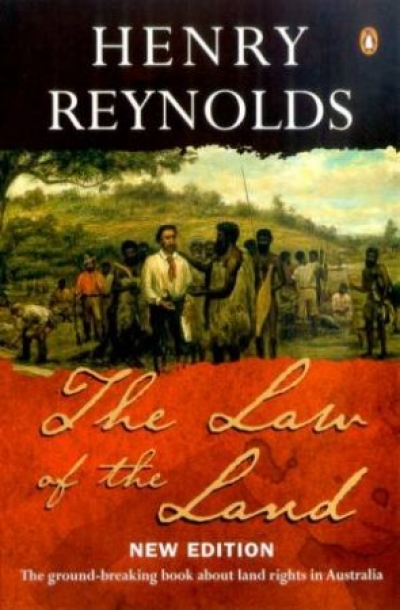The new edition of Henry Reynolds’s acclaimed The Law of The Land is described on its front cover as ‘the ground-breaking book about land rights in Australia’, but ‘the heart-breaking book’ would be more apt. Reynolds has updated his classic text by documenting the progress (or otherwise) of native title since the 1992 Mabo High Court decision. It is not a happy story.
In the book’s first edition, published in 1987, Reynolds advanced the argument that native title rights were recognised – but not properly protected –under British common law in the early nineteenth century. On the frontier, where violence ruled, those legal rights were generally disregarded, but, as Reynolds argued, not necessarily explicitly extinguished. The thesis outlined in The Law of the Land is popularly believed to have been influential in the 1992 Mabo judgement, a perception fuelled in part by Reynolds himself. In the postscript to the book’s second edition, published in 1992, soon after the Mabo decision was handed down, he wrote:
[T]he court had clearly absorbed the lessons about Australian history embodied in the new historiography of European-Aboriginal relations that had been written over the previous twenty years. Law and history now coincided in the view that the Aborigines were not dispossessed in an apocalyptic moment in 1788 but in piecemeal fashion over a long period of time.
...
(read more)

